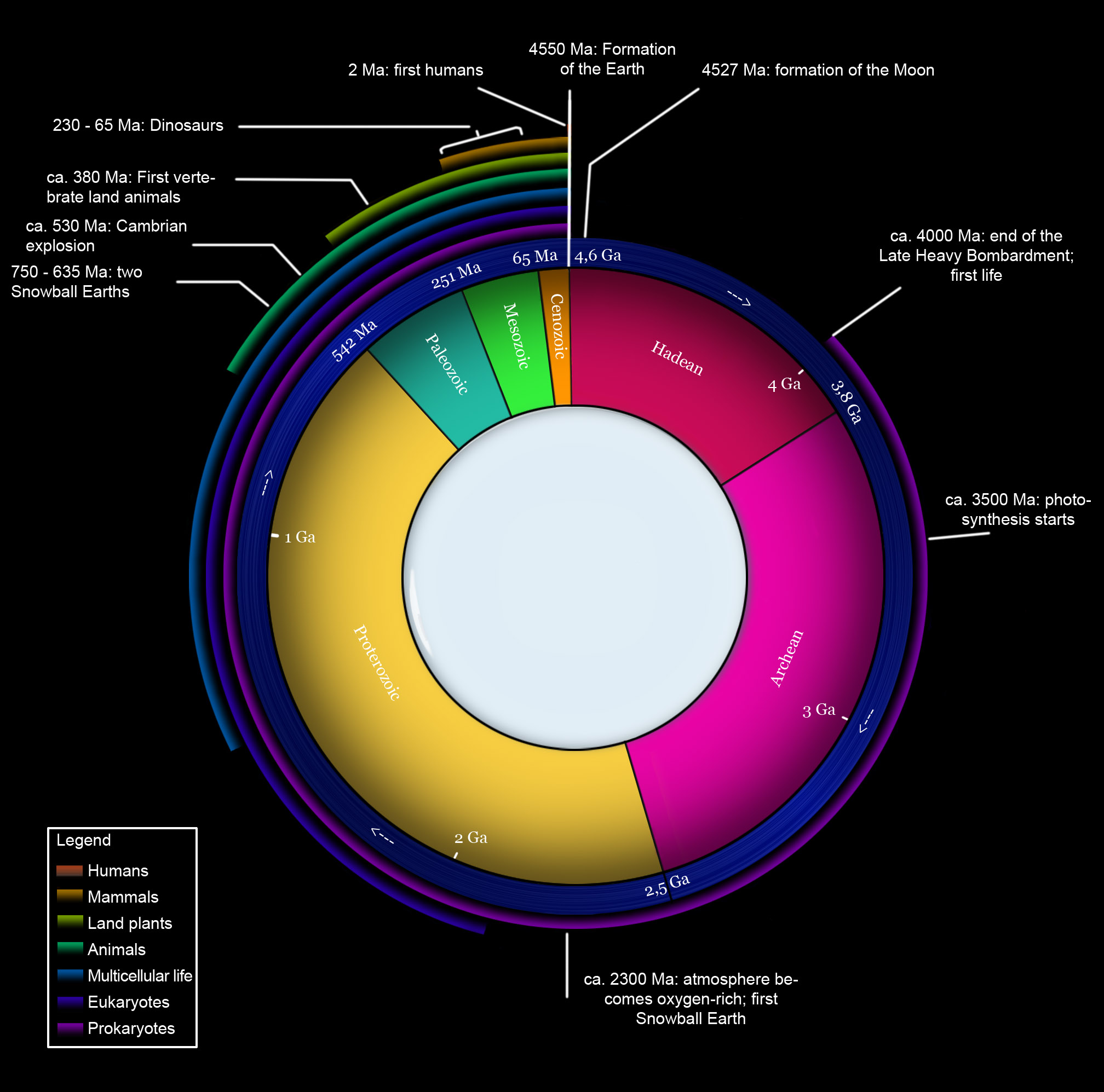 Where does the term "Mormon" come from? —?
Where does the term "Mormon" come from? —?It comes from the Book of Mormon, but I'm guessing you knew that. Joseph Smith once explained the etymology of the name, although some church leaders have attempted to discredit the quotation because, well, it's ridiculous. (See link below.)
If we assume the book is fictional, it's easy to find correlations between many Book of Mormon names and things that would have been familiar to Joseph Smith. More than a hundred BoM names are also in the Bible. Lemuel was his landlord's name. Sam was his brother. Moroni and Cumorah are generally assumed to come from the Comoro islands, whose capital is Moroni. (I believe there's some connection to treasure stories and Captain Kidd with these islands.) And then dozens of names in the book appear to be variations of other names, like Moroni and Moronihah. Not bad for a first novel I guess.
More than a hundred BoM names are also in the Bible. Lemuel was his landlord's name. Sam was his brother. Moroni and Cumorah are generally assumed to come from the Comoro islands, whose capital is Moroni. (I believe there's some connection to treasure stories and Captain Kidd with these islands.) And then dozens of names in the book appear to be variations of other names, like Moroni and Moronihah. Not bad for a first novel I guess.
Source(s):
If we assume the book is fictional, it's easy to find correlations between many Book of Mormon names and things that would have been familiar to Joseph Smith.
 More than a hundred BoM names are also in the Bible. Lemuel was his landlord's name. Sam was his brother. Moroni and Cumorah are generally assumed to come from the Comoro islands, whose capital is Moroni. (I believe there's some connection to treasure stories and Captain Kidd with these islands.) And then dozens of names in the book appear to be variations of other names, like Moroni and Moronihah. Not bad for a first novel I guess.
More than a hundred BoM names are also in the Bible. Lemuel was his landlord's name. Sam was his brother. Moroni and Cumorah are generally assumed to come from the Comoro islands, whose capital is Moroni. (I believe there's some connection to treasure stories and Captain Kidd with these islands.) And then dozens of names in the book appear to be variations of other names, like Moroni and Moronihah. Not bad for a first novel I guess.Source(s):
http://en.wikipedia.org/wiki/Mormon#Mean...
The May 15, 1843 issue of the official Mormon periodical Times and Seasons contains an article, purportedly written by Joseph Smith, Jr., deriving the etymology of the name "Mormon" from English "more" + Egyptian mon, "good", and extolling the meaning as follows (T&S 13:194):
It has been stated that this word [mormon] was derived from the Greek word "mormo." This is not the case. There was no Greek or Latin upon the plates from which I, through the grace of God, translated the Book of Mormon.... [The] Bible in its widest sense, means good; for the Savior says according to the gospel of John, "I am the good shepherd;" and it will not be beyond the common use of terms, to say that good is among the most important in use, and though known by various names in different languages, still its meaning is the same, and is ever in opposition to "bad." We say from the Saxon, "good"; the Dane, "god"; the Goth, "goda"; the German, "gut"; the Dutch, "goed"; the Latin, "bonus"; the Greek, "kalos"; the Hebrew, "tob"; and the Egyptian, "mon." Hence, with the addition of "more," or the contraction, "mor," we have the word "mor-mon"; which means, literally, "more good."


